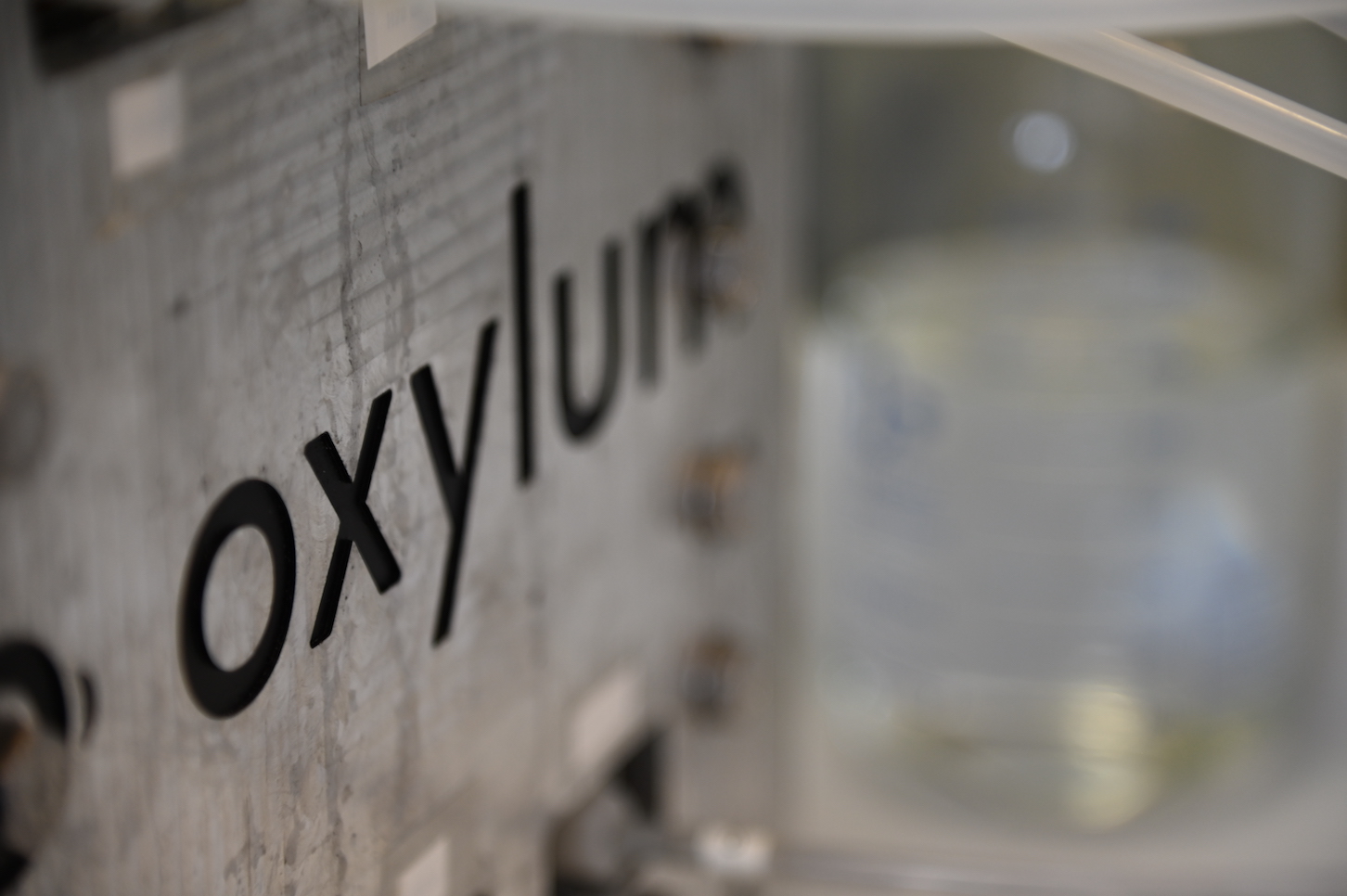Belgium – Spin-off Oxylum (University of Antwerp) already produces formic acid from CO2 with a relatively small electrolyzer. And it can also produce other chemical building blocks. The startup is eager to scale up. During the Dragons’ Den of Transition on November 30th at Chemelot, the company is looking for chain partners.
‘The ultimate goal is a pilot installation in an industrial cluster, such as the port of Antwerp,’ says CEO Bert De Mot. ‘That way we can convert the CO₂ from a factory into products that can be used immediately in the port. Before the end of this year we are trying to build a 1 kilowatt installation that will enable us to produce up to 3 kilos of formic acid per day. That plant should then serve as a launching pad to scale up the technology over the next few years to a full-scale pilot plant producing up to 2,000 tons of formic acid per year. Building on more than a decade of research experience in electrochemistry, we have developed state-of-the-art catalysts and reactors to carry out this reaction under the most optimal conditions. Now we are ready to take our technology out of the lab and showcase the future of chemistry.’
Formic acid
Oxylum is capable of producing a variety of chemical building blocks, including formic acid, methanol, ethylene, as well as carbon monoxide. ‘In our pilot plant, we focus on formic acid,’ says CTO Sander Neukermans. ‘Formic acid or methanoic acid is used, among other things, to remove scale in toilets and plumbing, or as a preservative in the agricultural industry, or as an intermediate in the pharmaceutical or textile industries. Currently, it is still made from natural gas via an intermediate step, but we can thus produce it directly from CO₂ with our technology.
Ethylene
‘Secondarily, we are also looking at ethylene,’ De Mot said, ‘for the production of plastics. Ethylene is also currently extracted from petroleum. Bioplastics already exist, but the problem is that those properties are not quite the same as the properties of plastic now and that causes problems. By making ethylene renewable, we can make exactly the same plastics as now at the molecular level, but instead of starting from petroleum, we start from CO₂.’
November 30 at Chemelot
During the Dragons’ Den of Transition (DDoT), Oxylum is looking for chain partners. These could be chemical companies to establish product specifications. But Oxylum also needs a supply of CO2 and sufficient sustainably generated electricity. Logistics partners and, for example, port authorities can help the company along the way.
On November 30, DDoT will conclude European Industry and Energy Summit 2022, which is being held this year at Brightlands Chemelot Campus, in the Netherlands. It was organized for the first time last year. Click here for the report.


